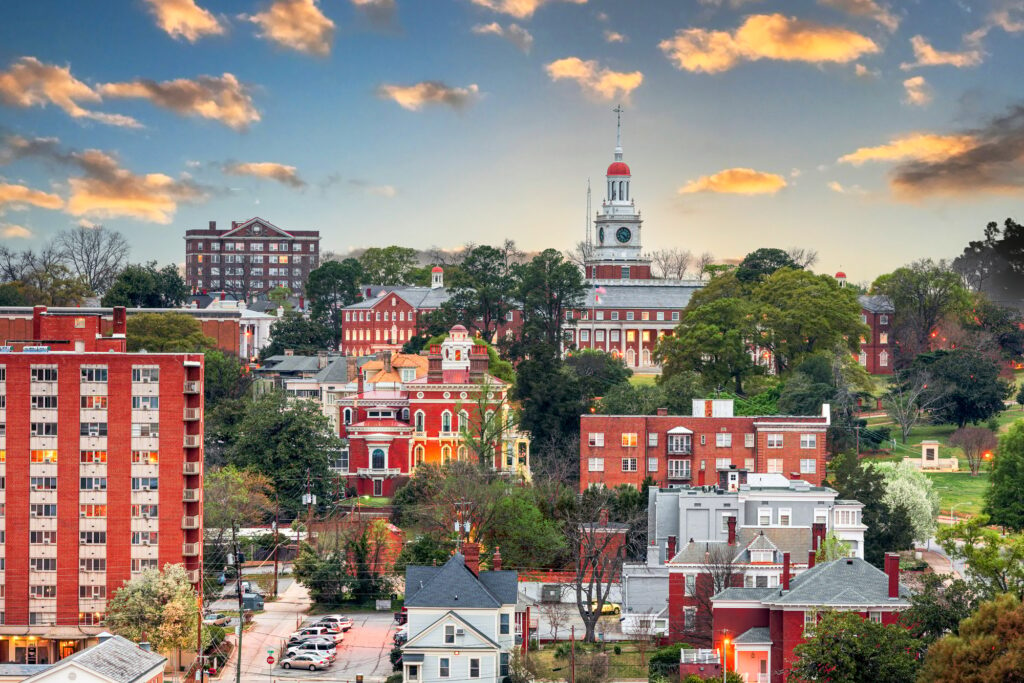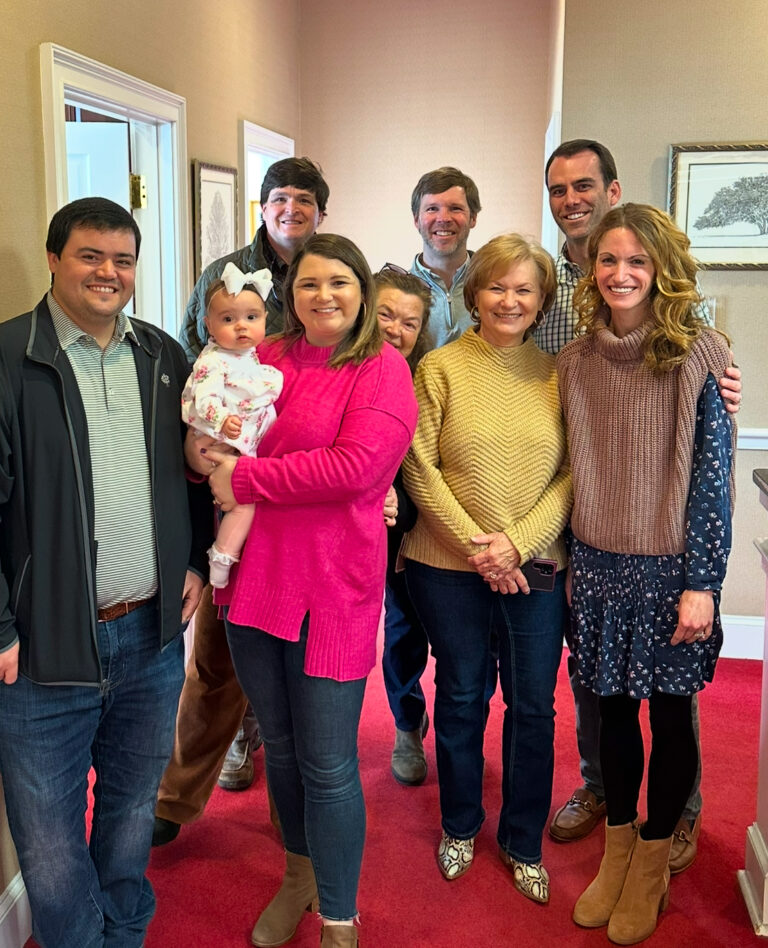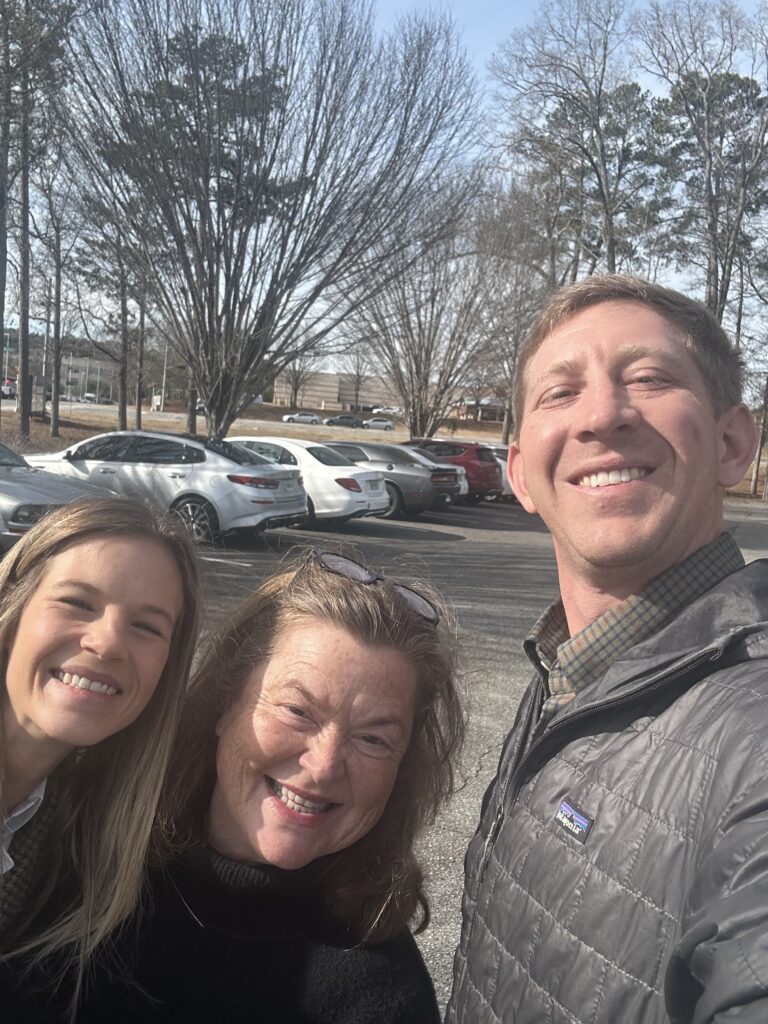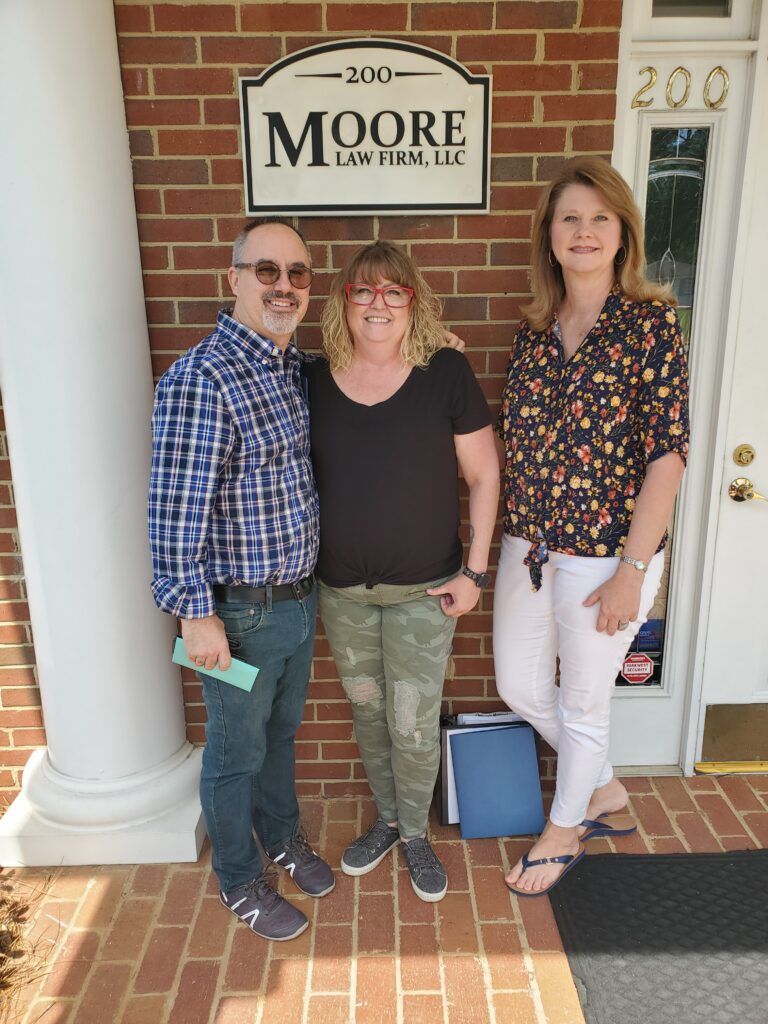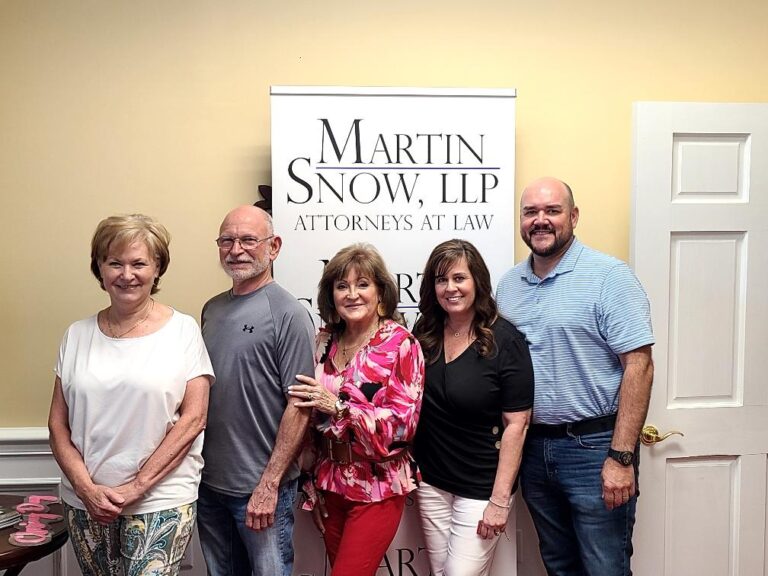If you have ever heard the term “homeowner’s association” or “HOA” while searching for a home, you may have wondered what it means. The truth is, HOAs differ from one community to the next. However, you can generally expect two things from an HOA: rules and fees. Most HOAs are much more complex than that, though. In this post, we will explain what a homeowner’s association is, how it functions, and whether or not you should buy a home within an HOA.
What is a homeowner’s association?
A homeowner’s association is an organization that makes and enforces the rules for residents living within a subdivision or community. By purchasing a home in a neighborhood with an HOA, you automatically become a member and must abide by the rules.
These organizations are often run by professional property management companies, but some HOAs elect residents within the community to serve on the board of directors, which oversees operations and votes on important matters. The board meetings and all voting procedures must abide by the written bylaws.
HOA Fees
When you purchase a home in a neighborhood that is governed by an HOA, you are agreeing to pay the fees passed by the association. These fees are typically paid monthly or annually by each household. It is common for the HOA to be the same amount for every household, regardless of how many people reside there.
What do HOA fees pay for?
HOA fees vary by neighborhood, and the amount usually depends on what the funds are used for. It is customary for an HOA to provide common area maintenance and upkeep. Common areas may include sidewalks, street lights, and neighborhood signs.
If a community has amenities such as a pool, tennis courts, a clubhouse, or a gym, HOA fees usually include access to these amenities for all residents. However, if this is the case, residents must realize that they are paying for these amenities regardless of whether they use them.
In some homeowner’s associations, the fees also include lawn care and exterior maintenance for each private lot. For example, residents may not have to worry about duties such as mowing the yard, weed eating, laying mulch, or removing tree limbs.
Can the fees increase?
As the costs of labor and goods increase with inflation, so do HOA fees. Most homeowner’s associations have a section in the rulebook about how much the fees can increase each year. For example, if the current fee is $100 per month and it is allowed to increase by a maximum of 5% each year, then it may be as high as $105 in Year 2 and $110.25 in Year 3. These increases usually must be voted on by board members first.
In addition to increasing fees, an HOA might pass something called a special assessment. This assessment is separate from the normal fees, and it is often used to pay for a particular neighborhood improvement, such as adding a gate at the entrance. The total cost of the project is usually divided evenly between all the households so that everyone is contributing an equal amount.
HOA Rules
One of the most impactful aspects of an HOA is the rulebook. Rules within an HOA are known as covenants, conditions, and restrictions, or CCRs. These rules are meant to be followed by all residents and their guests, so it is important to read and understand them before purchasing a home where they are enforced.
Typical HOA rules
HOAs are often known to have architectural restrictions. This might mean that all houses within the community must be built within certain size constraints, or with certain materials, or must conform to a particular style. If homeowners wish to modify or add on to their property, they usually have to get approval by the architectural control committee before doing so. These restrictions are meant to keep a neighborhood somewhat uniform and similar in value.
Homeowners may also be expected to meet maintenance standards such as taking care of overgrown hedges, keeping the grass trimmed, pressure washing their home’s exterior, and cleaning up trash. Some HOAs prohibit decorations that may be considered obnoxious or offensive. Other typical rules include rental restrictions, animal restrictions, vehicle limits, and parking rules, such as no overnight parking in the street.
Should you buy a home within an HOA?
Buying property within an HOA comes with benefits and drawbacks, and it may not fit everyone’s lifestyle. When choosing a place to call home, you must consider all the aspects of living there, including the HOA. Your choice should ultimately depend on your lifestyle, goals, and personal preference.
Benefits of an HOA
There are many benefits of an HOA, such as the neighborhood amenities, consistent upkeep, and overall management. Private amenities like a dog park, pool, walking trails, and fitness facilities are perfect for those who enjoy recreational activities. Other perks, such as landscaping and exterior maintenance are beneficial to those who have limited mobility or resources.
If you appreciate uniformity, then architectural and design restrictions can also be beneficial. For example, if your next-door neighbor wanted to put up a tall barbed wire fence around their property, you might feel like it is unsafe for your family, detracts from the street’s appearance, and lowers your own home’s curb appeal. In an HOA that restricts these types of improvements, you would not have to worry about those possibilities.
Additionally, a community that enforces consistent maintenance, upkeep, and tasteful decor will help keep your home’s value high. Imagine that you want to put your house up for sale, but there is a house across the street that has tall grass, overgrown weeds, trash bags piled up, and a large flag with profanity on the front porch. This may deter potential buyers who think the neighborhood isn’t friendly or well-maintained. An HOA would help prevent circumstances like these. Overall, living within an HOA can give you a sense of pride and satisfaction about your community.
Drawbacks of an HOA
Every good thing has its drawbacks. For some homeowners, limited freedoms are not beneficial to their lifestyle. For example, if you want to raise chickens, goats, or other livestock, you may not be able to have those animals within an HOA. You also might be prohibited from adding unique designs or structures to your property. If you only live at your home for part of the year, an HOA may prevent you from renting it out while you are gone. Or, for those who like to throw wild parties, noise limits may prevent you and your guests from enjoying yourselves.
In addition to restrictions, the added costs of an HOA can be more expensive than they are worth. For example, if you are not planning to use any recreational facilities, you may not want to live somewhere that forces you to pay for them. If you are on a tight budget, increasing fees and special assessments might cause you financial stress.
Lastly, the idea of being held to a standard on your own property is not appealing to everyone. You may not have enough time or money to keep up with your exterior land on a consistent basis, and being penalized for this would only make it worse. Overall, you may value your privacy and freedoms above all else.
Choosing the right neighborhood
If you are searching for a new place to live, make sure you are fully aware of any HOA rules and fees in each neighborhood you look in. If you are not sure how to find this information, or if you have trouble understanding all the jargon, your real estate agent can help you. Ask your agent to help you choose a community that fits all your needs and personal preferences. Your agent may also be able to recommend neighborhoods with highly reputable HOAs if this is important to you.
Our agents here at Sheridan Solomon and Associates are experienced and knowledgeable about the communities here in Middle Georgia, and we would love to help you find exactly what you are looking for. Find out how we can work together by calling or reaching out on our website, sheridansolomon.com.
Macon: (478) 746-2000 | Warner Robins: (478) 333-2277



